Sweet, fragrant, and seedless
In recent days, images of seedless lychee discs with thick, dense, transparent flesh have attracted attention on social networks.
Many people expressed their interest and curiosity when they first saw seedless lychees. This fruit is sought after by many people even though the price is not cheap, from 600,000 to 700,000 VND/kg and is gradually cooling down to about 500,000 VND/kg.
Besides, some opinions say that the price of 600,000-700,000 VND is too expensive compared to domestic lychees. Domestic lychee prices are about 25,000-60,000 VND/kg, egg lychee is about 100,000-200,000 VND/kg.
Last weekend, Ms. Mai Huong (Cau Giay District, Hanoi ) visited a friend's house. After considering, Ms. Huong decided to buy a basket of Chinese seedless lychees as a gift.
The fabric that Ms. Huong bought costs 700,000 VND/kg. She bought a 2kg basket so she paid 1.4 million VND.
“At first, I wondered why lychee was so expensive. But when I heard the seller’s introduction, I decided to buy 2kg even though it was a lot of money,” said Ms. Huong.
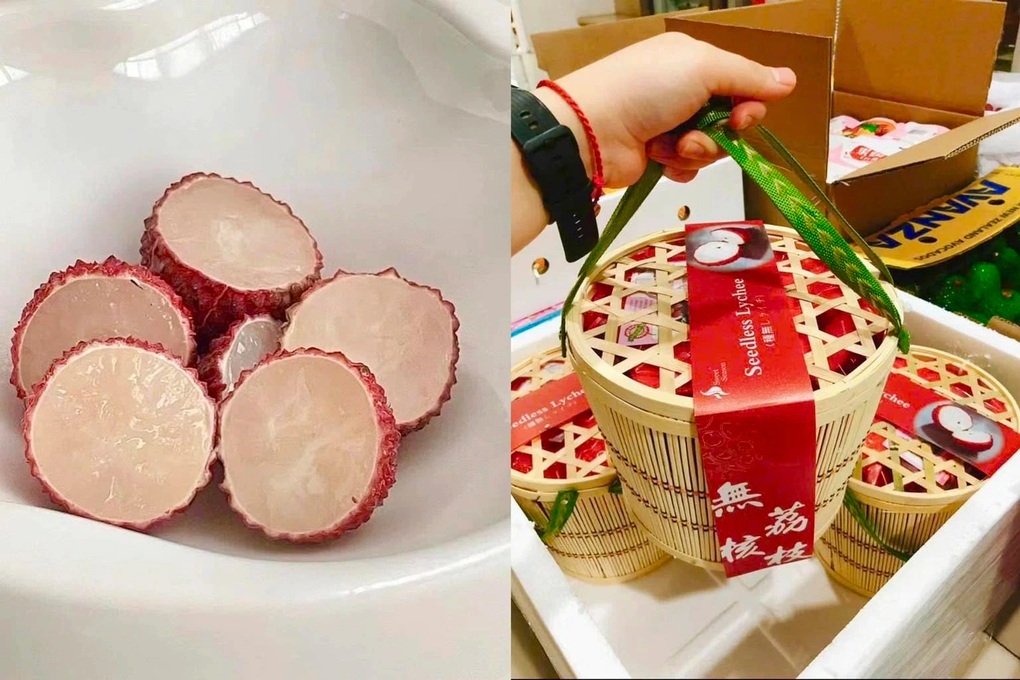
Chinese seedless lychees are sold in Vietnam (Photo: Character provided).
The lychees that Ms. Huong bought were cut off their stems and placed in a cylindrical bamboo basket with a label and a convenient handle attached to the outside. When she gave them to her guests and they opened the gift basket and tried them, Ms. Huong realized the difference of this expensive lychee.
"I find lychee sweet and fragrant, but not as fragrant as Vietnamese lychee. In general, it is suitable for buying as a gift," said Ms. Huong.
Ms. Minh Huyen (in Hoang Mai district) also ordered 1kg of seedless lychee to try.
In her personal opinion, Ms. Huyen finds this fruit to be sweet, delicious, fragrant, and worth trying. The skin is a deep red color, beautiful to look at. “When peeled off, the lychee flesh is clear like jelly, my baby loves to eat it,” Ms. Huyen said.
The young mother agreed that the price of this type of fabric is much more expensive than domestic fabrics. Therefore, she only bought it once to try it out. To be able to eat lychee as much as she wanted without worrying about the price, she still chose domestic fabrics because they are in season.
Why seedless fabric is expensive
Ms. Tam Nguyen, one of the fruit distributors in Hanoi, shared that besides Vietnamese lychees, Chinese seedless lychees are also chosen by many of her store's customers.
More customers buy it as a gift because the price of this fabric is much higher than domestic fabrics. The price of Chinese seedless fabric at Ms. Tam's store is 600k/kg, a 2kg basket costs more than 1.1 million VND.
According to Ms. Tam, this is a precious lychee variety originating from Hainan Island (China), officially imported to Vietnam. Many months ago, her company sent people to Hainan Island to survey and sign a contract with the garden. The first shipment imported to Vietnam was quickly sold out.
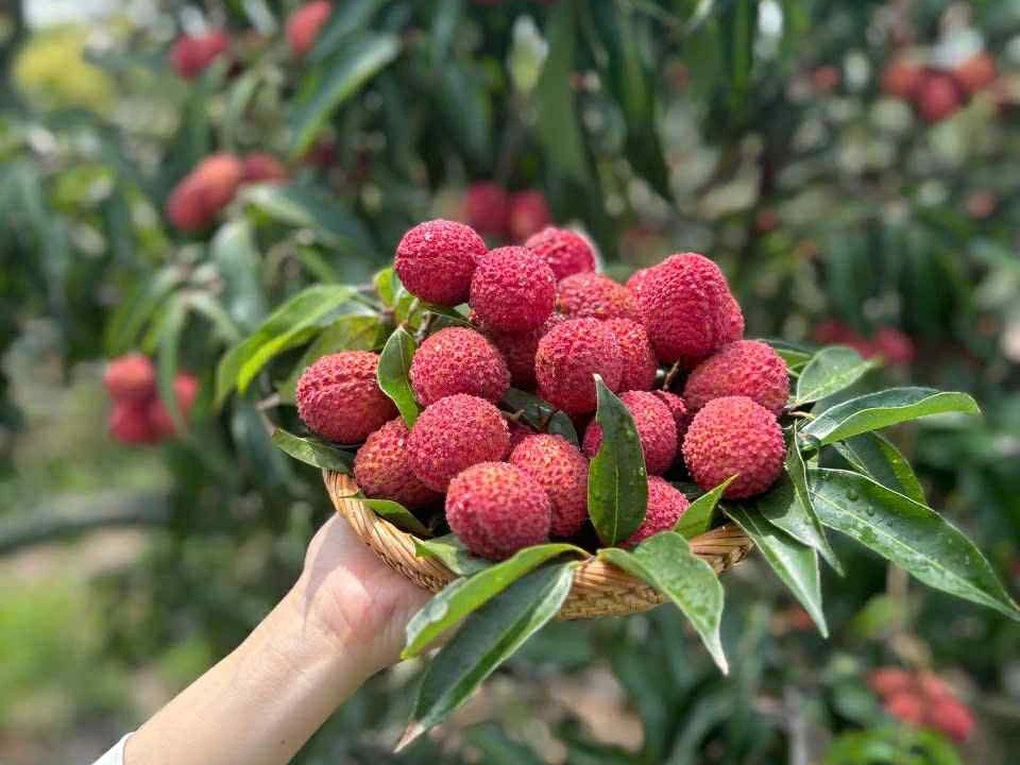
Vietnamese distributors directly survey Chinese gardens to import goods (Photo: Character provided).
This fruit distributor also shared the reason why Chinese seedless lychees are so expensive. Out of 10 seedless lychee trees, only 3-4 trees are selected that meet the standards, and the fruit set rate of the selected trees is only 20-40%.
The packaging technique and transportation conditions for this fruit are relatively strict. During the 3-4 days of travel and to meet the conditions for official customs clearance to Hanoi, lychees are always kept at a temperature of 0 degrees Celsius.
"When it reaches consumers, the lychee skin may be slightly discolored compared to when it was first picked, but it is still fresh and absolutely undamaged. High transportation costs combined with high purchasing prices make it impossible for seedless lychees to reach Vietnamese consumers as cheap as other types of lychees in the country.
Similarly, lychee in the Vietnamese market is much cheaper than similar products exported to China, Japan, Germany...", said Ms. Tam Nguyen.
Currently, Ms. Tam's store sells both Vietnamese and Chinese fabrics, each with its own customer base.
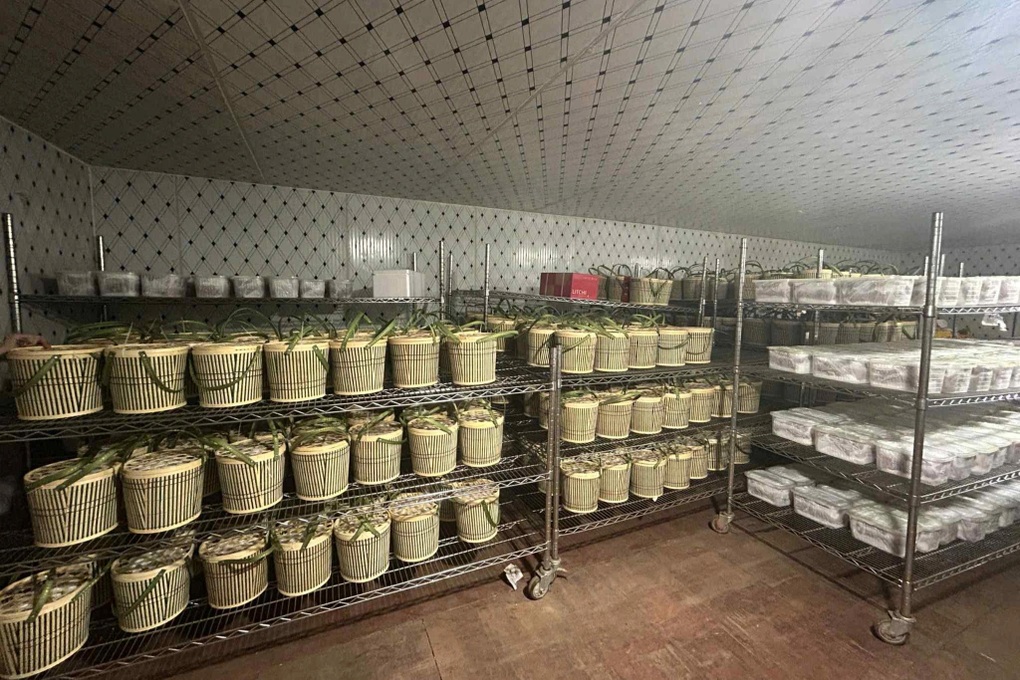
Seedless lychees are packed in baskets, refrigerated and transported to Vietnam (Photo: Character provided).
Having had the opportunity to go to China to learn about this lychee variety, Dr. Vu Thoai - Institute of Sandalwood and Rare Plant Research said - seedless lychee is mainly developed in Guangdong, Hainan (China) through hybridization or selective mutation techniques. The most famous is the variety "Hainan Seedless Lychee".
This type of lychee has no seeds or very small seeds (shrinks like beans), the pulp accounts for 90% of the weight, has a sweet taste, the fruit flesh is thick, crunchy, less sour than normal lychee. A seedless lychee season is short, only about 3-4 weeks (from June to early July).
In Maoming City, Guangdong, this lychee variety sells for about 40-50 yuan/kg (about 140,000-180,000 VND/kg). But due to transportation costs, through many traders when arriving in Vietnam, the price increases to 500,000-600,000 VND/kg.
“In fact, this lychee is not very special. People often see the beautiful color and taste different from Vietnamese lychee, so they buy it to try and give as gifts.
We have brought this lychee variety to Vietnam for testing. The tree grows well and the fruit is no different from this lychee variety in China,” said Dr. Vu Thoai.
Some experts also evaluate that Chinese seedless lychee has the same flavor as Vietnamese lychee. However, what makes this lychee so expensive is China's good communication and brand positioning.
Source: https://dantri.com.vn/du-lich/vai-trung-quoc-700000-dongkg-co-gi-dac-biet-ma-nguoi-viet-lung-mua-20250616123518886.htm






![[Photo] Dan Mountain Ginseng, a precious gift from nature to Kinh Bac land](/_next/image?url=https%3A%2F%2Fvphoto.vietnam.vn%2Fthumb%2F1200x675%2Fvietnam%2Fresource%2FIMAGE%2F2025%2F11%2F30%2F1764493588163_ndo_br_anh-longform-jpg.webp&w=3840&q=75)

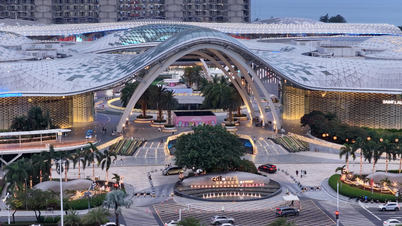

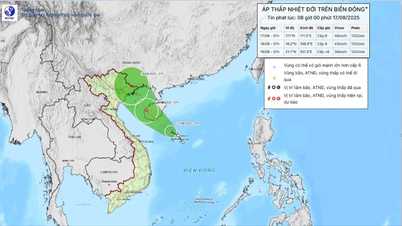

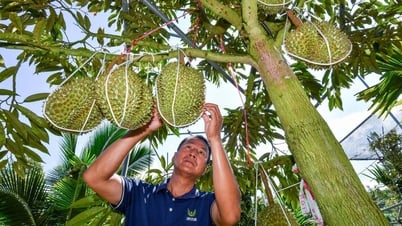
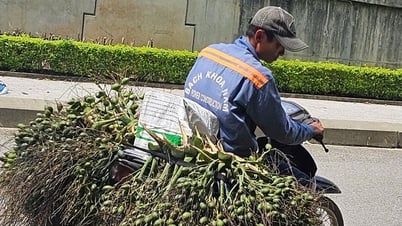




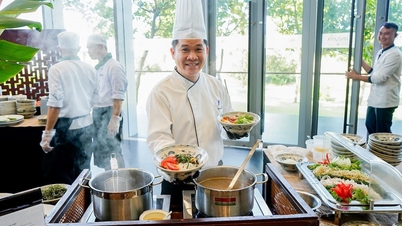

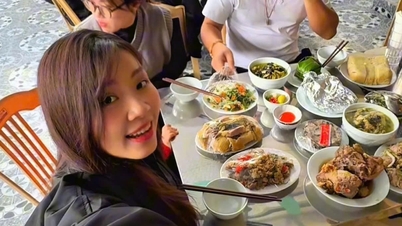
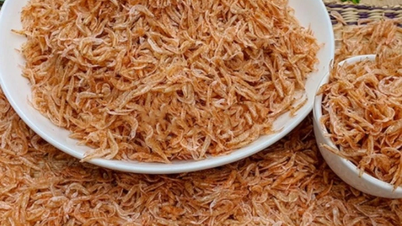

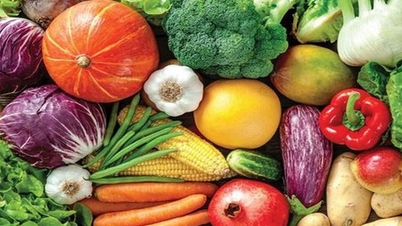


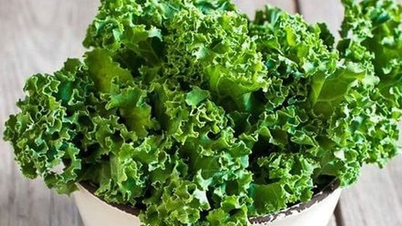






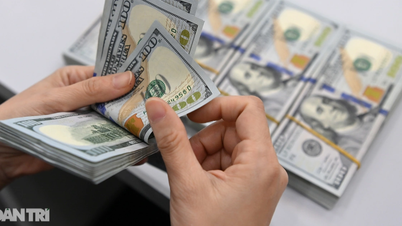
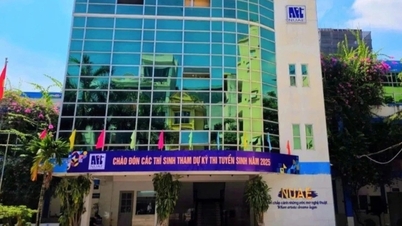


































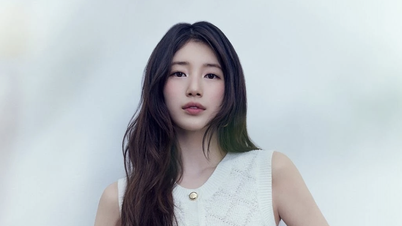

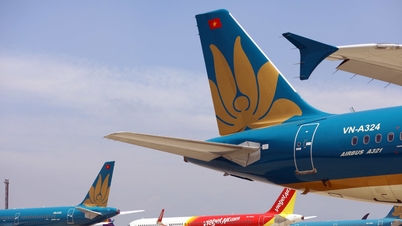




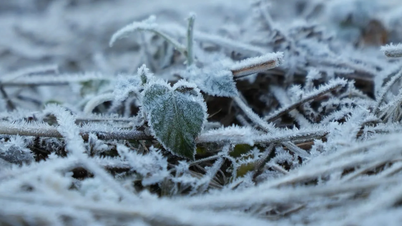


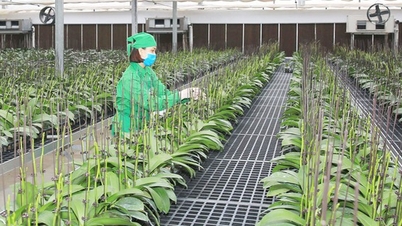

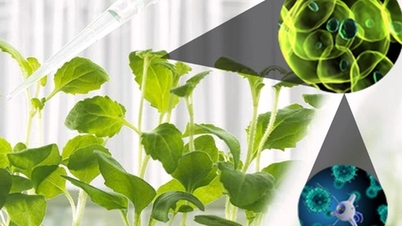


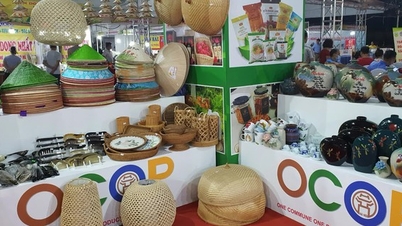
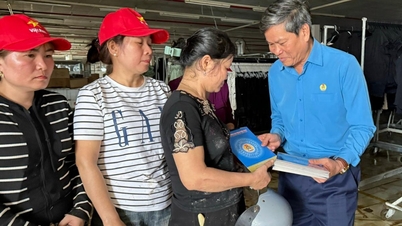





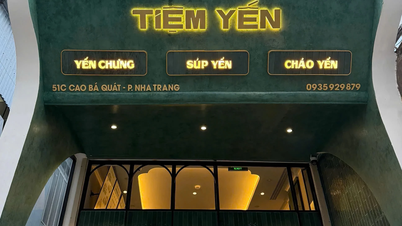
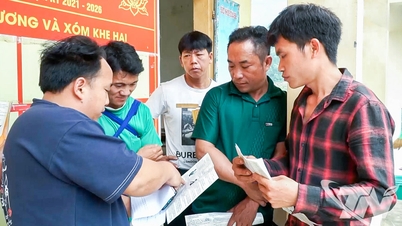















Comment (0)